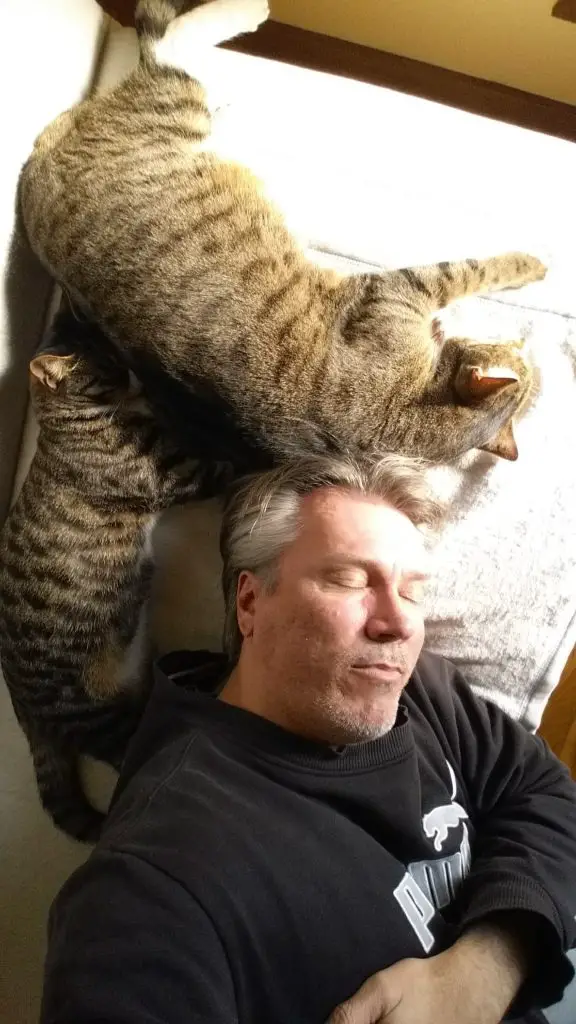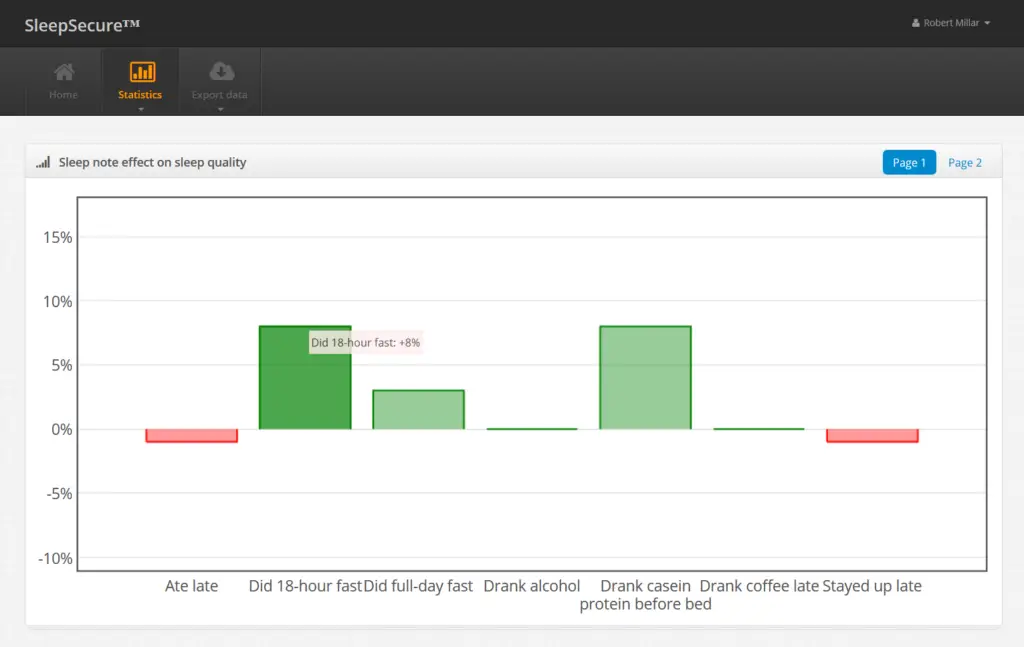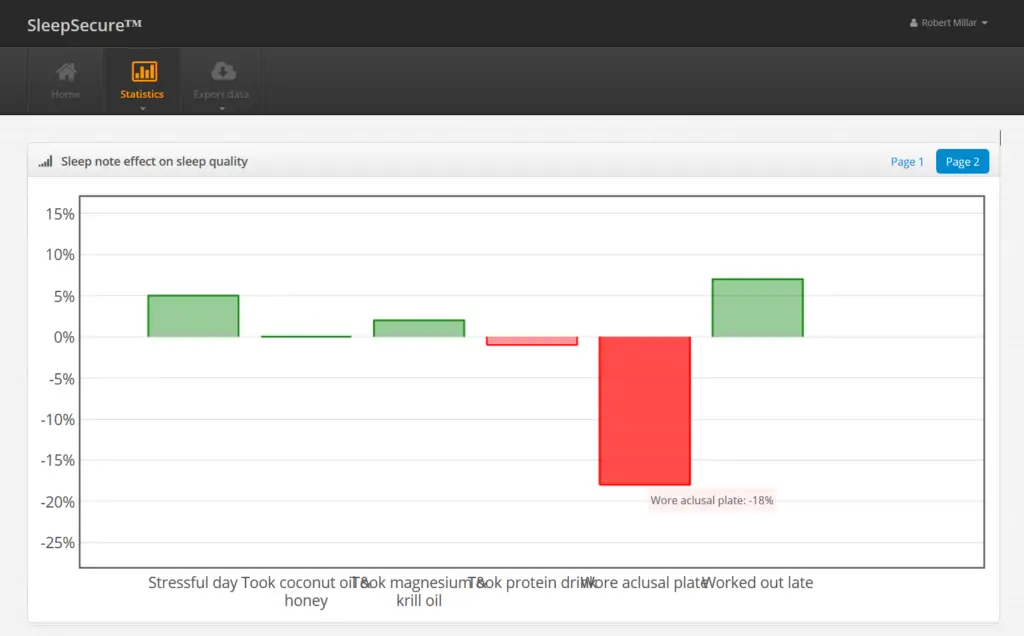
The largest sleep study ever conducted, on 1.1 million people, shows that it’s quality of sleep and not quantity of sleep that really matters to our health and wellbeing. And most doctors, health experts, and especially athletes agree that quality sleep is critical.
Some of the benefits of good quality sleep include improved ability to learn new motor skills, greater ability to gain new insight into complex problems, better skin health and a youthful appearance, increased testosterone levels (for men), more healthy cell division which helps prevent cancer, and increased athletic performance. Wow… The other side of that coin, of course, is that if you’re not sleeping well enough it’ll make you weak, fat, and kind of stupid…
Yet the vast majority of people have trouble sleeping. People in my circle of friends sometimes tell me that they get a solid 8 hours of sleep a night, yet still wake up feeling groggy and unrested. That’s no way to function in the state of high performance that we deserve. I think Vince Lombardi, perhaps the greatest sporting coach in the world, said it beautifully when he quipped, “Fatigue makes cowards of us all.”
Ok, so we need quality sleep to function optimally. So how, exactly, do we get that? Actually, it’s not that hard :
- Make your bedroom as dark as possible. That means turning of all appliances that have glowing lights (or covering those lights with tape), and blocking any cracks between curtains or blinds. I actually bought special blinds for my room that block out 100% of the sun for this very purpose.
- Make your bedroom as quiet as possible. Sounds pretty obvious, but it’s an important one. If you bedroom lets in the sound of traffic or other outdoor noise, try good quality ear plus. You can even have sound proofing and double glazed windows installed in your room for an ultra-quiet sleeping experience, like I have. (A bit extreme, I guess, but I really value my sleep.)
- Create an evening routine whereby you don’t exercise and you eliminate glowing screens about 2 hours before bed. If you can’t really avoid looking at your computer or mobile device before you sleep, install an application that dims the screen like f.lux for PC, Mac and iOS devices or Bluelight Filter for Android devices.
- Go to bed before 11 pm. It seems that after 11 pm, your body says “Oh, we need to stay up late, do we?” and then creates more of the hormone cortisol to keep you awake, and that’s not helpful.
- Stop drinking coffee after 2 pm, or at least 8 hours prior to bedtime. In spite of my deep love of coffee and all the good things it does for us, sadly caffeine is not a sleep aid…
- Track your sleep quality! Ok, I saved the best for last : Imagine this – You check off a list of “sleep notes” on your phone before you go to bed. Things like, stayed up late, drank alcohol, took supplements, had a stressful day. Then you put your phone in airplane mode and put it face down beside your pillow. Then the next morning, your phone not only shows you the quality of your sleep as a percentage (i.e. making sounds and tossing & turning means shallower sleep, as measured by your phone’s sensors) but it also shows you if the things you checked off the list before bed increased or decreased the quality of your sleep! SleepCycle is the name of the app that does this, and I highly recommend it. It’s free for iPhones and about a dollar for Android phones like mine. Check out the screen shots below of how the items in my own sleep notes effect my sleep quality. This data is was measured over 229 nights, which I believe makes it statistically significant. And note that drinking alcohol or coffee before bed had a negligible affect on my sleep, while doing an 18-hour fast resulted in an 8% increase in my sleep quality. How good is that! 🙂

And note in this next screenshot that wearing my occlusal plate to stop my habit of grinding my teeth at night reduced my sleep quality by a whopping 18%. Hmmm…

So, as you can see, sleep quality is something that we can measure and improve, and it’s well worth our while to do so. I highly recommend that everyone reading this post try at least one or two of the recommendations above, because the benefits can seriously outweigh the small time & energy investment required to achieve them.
Oh, and by the way, there is also some interesting research out there about taking supplements like Magnesium, Collagen and Krill Oil to increase sleep quality, but I haven’t found any significant benefits in doing so (see the screenshots again.) As always, though, your mileage may vary, so please test and comment back here if you find anything interesting.
